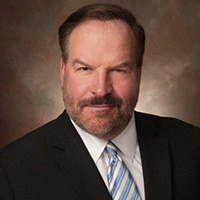Hillsborough DUI-DWI Lawyer, New Hampshire
Sponsored Law Firm
-
 x
x

Click For More Info:
-
Champions Law, PLLC
170 West Rd Suite 6D Portsmouth, NH 03801» view mapCriminal Defense Your Advocate & Defender
When you are dealing with an important, life-altering legal issue, having the right attorney on your side can make all the difference. At Champions Law, we are here to serve you.
800-783-8020
Frank Cimler
✓ VERIFIEDDivorce & Family Law, Criminal, DUI-DWI, Accident & Injury, Business
Experience... When Experience Matters.
Attorney Frank Cimler is a Cum Laude graduate of the University of Maryland where he received a Bachelor of Science degree in Business Management and ... (more)
John Joseph Tenn
DUI-DWI, Criminal, Personal Injury, Car Accident, Mass Torts
Status: In Good Standing
Stephen A. Duggan
Workers' Compensation, DUI-DWI, Divorce, Medical Malpractice
Status: In Good Standing
John J. Tenn
DUI-DWI, Personal Injury, Motorcycle Accident, Car Accident, Accident & Injury
Status: In Good Standing
FREE CONSULTATION
CONTACT Laurie Lacoste Portsmouth, NH
Laurie Lacoste Portsmouth, NH Practice AreasExpertise
Practice AreasExpertise

